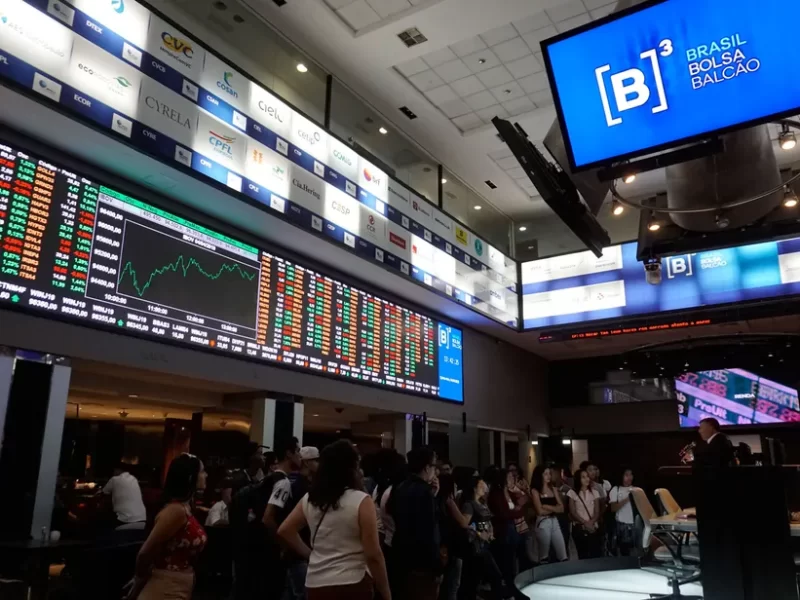El Salvador has secured a groundbreaking $1 billion debt-for-nature swap orchestrated by JPMorgan Chase & Co. This innovative agreement allows the Central American nation to refinance 14% of its debt while funding efforts to conserve wetlands and river systems.
The deal involves El Salvador repurchasing $1.03 billion of its outstanding bonds at discounted rates, generating over $352 million in savings.
These funds will protect and restore the Lempa River, El Salvador’s longest waterway, and its surrounding ecosystem. President Nayib Bukele emphasized the dual benefits of the agreement, emphasizing economic growth and conservation of natural resources.
The transaction combines traditional and innovative capital market technologies to achieve cost savings and execution certainty. Major players include the US International Development Finance Corporation, which provides political risk insurance.
The Development Bank of Latin America and the Caribbean is contributing a $200 million standby letter of credit. These improvements make the deal attractive to private investors, despite El Salvador’s junk credit ratings.


Catholic Relief Services and the Environmental Investment Fund of El Salvador (FIAES) will oversee the conservation component.
El Salvador’s nature debt swap
Over 20 years, $350 million will be allocated to the Lempa River Conservation and Restoration Program, with $200 million directly funding the program and $150 million to establish a long-term sustainability fund.
This deal represents a growing trend in global finance. Other major banks, including Credit Suisse, Bank of America and UBS, have completed or are working on similar debt-for-nature swaps.
These deals are particularly attractive to countries with lower credit ratings. El Salvador’s approach offers a promising model for balancing economic interests with environmental conservation.
It shows how creative financial instruments can address sovereign debt challenges while investing in environmental conservation. The success of this deal may inspire other nations to explore similar innovative financial solutions.
In short, this potential shift could reshape how countries approach economic development and environmental stewardship in the 21st century.



